Politicians reluctant to campaign online

Very few of the 3,000 candidates running for parliamentary elections this autumn will deploy a professional and modern communications strategy.
A specialist in political public relations, Mark Balsiger, tells swissinfo.ch that this is a mistake.
Balsiger has recently published a book in German on the right approach to election campaigning (Wahlkampf – aber richtig) in which he presents five success stories and offers advice to candidates, including how to take advantage of the internet and social media.
swissinfo.ch: How much does one need to invest to run an efficient campaign?
Mark Balsiger: Between SFr20,000 and SFr200,000 ($21,850 – $218,500). It is a large range since it depends on a variety of factors, among them the canton in which the candidate is running. If it’s a big one, like Zurich, Bern or Vaud, it’s necessary to have significant financial resources since these cantons are where the competition is greatest and have very large electorates that need convincing.
It’s also necessary to distinguish between the candidates. Current members of parliament need only a few thousand francs since they already enjoy an important bonus: generally speaking, they’ve been present in the media for years and have a good network of contacts. It’s not surprising that in Switzerland 85 per cent of incumbent parliamentarians are re-elected. For their part new candidates must create an image and profile of themselves for their election campaign. And you need money to do that.
swissinfo.ch: What are the other keys to success?
M.B.: Firstly, a lot of time is needed; in many cases at least a year. Whoever thinks they can wait until the final six to eight weeks before starting to campaign won’t succeed. As important as this is the degree of popularity the candidate already enjoys, his network and media skills. Then an efficient communications strategy has to be put together: what kind of message and with what means can potential voters be reached best? There is no point in putting all financial resources into too many vectors.
swissinfo.ch: Regarding the strategy, there are very few candidates taking advantage of public relations experts specialising in politics. Why aren’t there more?
M.B.: In Switzerland the investment of time and money in campaigns is still rather modest in comparison with Germany, France or the United States. Most candidates are only assisted by a few friends or acquaintances. Even the use of volunteers is extremely limited because this kind of work is not valued very highly in our country.
In the US, a supporter of a candidate for Congress can put that activity on their CV. But in Switzerland, anyone who gives six months of their time to work for a parliamentarian free of charge risks becoming a laughing stock.
swissinfo.ch: Swiss candidates also seem to be very slow to adopt modern means of communication.
M.B.: I would say that political communications is still in a transitional phase. Election campaigns are conducted very traditionally, the same as they were 20 or 30 years ago. Classical campaigning tools like debates and political meetings are preferred. But candidates only succeed in reaching a few people this way, also because ties between the electorate and parties are not very strong.
[Political parties] are just making their first online experiences even though a great mass of people have been available via the internet for years. Every day, millions of Swiss use the internet to find all kinds of information, including details on the latest political situation. I don’t think Swiss politicians are yet aware of the internet. Many recognise its importance but if you look at their websites, they are not very appealing nor are they up to date or interactive.
swissinfo.ch: How can candidates use the internet?
M.B.: Firstly, they should limit themselves to the most popular channels, which in Switzerland are Facebook and Twitter, so as not to spread themselves too thin. And they should begin at a very early stage to create a large network of contacts: it’s not enough just to enter the race a few weeks before the election.
Many politicians make the mistake of wanting to use these channels like advertising tools. Blogs and social media can only be used successfully if there is interaction to start a dialogue with visitors to the sites. But this is time consuming and a lot of work.
swissinfo.ch: How great do you think the chance is that a member of the Swiss abroad community could be elected?
M.B.: Extremely small since Swiss living abroad are – unlike other candidates – not omnipresent in the media. They only enjoy the bonus of being exotic, but this is only good enough for drawing attention to themselves for a short period of time. To be successful, a candidate must have a lot of support from a big party. Up to now parties have placed expatriates on their lists more than anything to attract votes from the Swiss abroad.
In my opinion, a special constituency should be created for the Swiss abroad, based on the example of other countries. I believe that the presence of a couple of expats in parliament would benefit the politics of the country. It would also strengthen the emotional ties among the Swiss and their countrymen abroad. The impact of this is not irrelevant.
The PR expert graduated from the Swiss School of Journalism (MAZ) in Lucerne and did his Masters thesis on election campaigning in Switzerland, Britain and the US.
He worked for many years as a journalist and editor for both the Swiss print and electronic media, including the Swiss Broadcasting Corporation.
Balsiger is the founder and head of the PR and communications agency, Border Crossing. He also gives courses in communications to the Swiss Armed Forces.
He is the author of various books about election campaigning.
Parliament, made up of the House of Representatives and the Senate, has 246 seats and is elected for four years.
The next parliamentary elections are on October 23.
At least 12 political parties represent the political spectrum, from the Federal Democratic Union to the Communist Party.
The five main parties are the People’s Party, the Social Democrats, the Radicals, the Christian Democrats and the Greens.
The Conservative Democrats and the Liberal Greens are more moderate split offs from the People’s Party and the Green Party respectively.
(Translated from Italian by Dale Bechtel)

In compliance with the JTI standards
More: SWI swissinfo.ch certified by the Journalism Trust Initiative

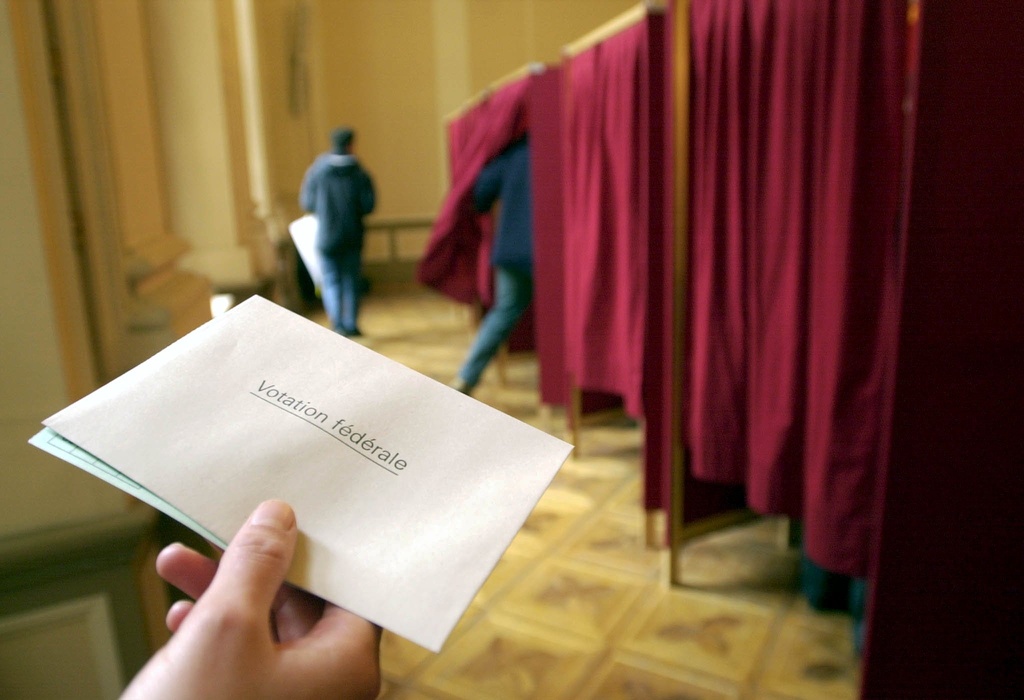
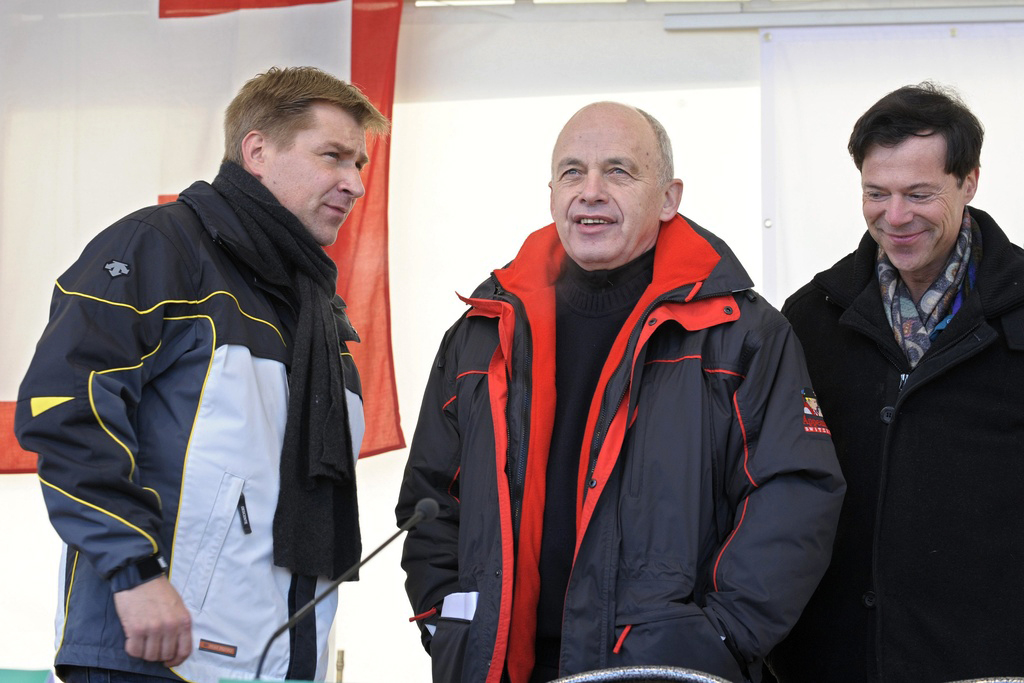
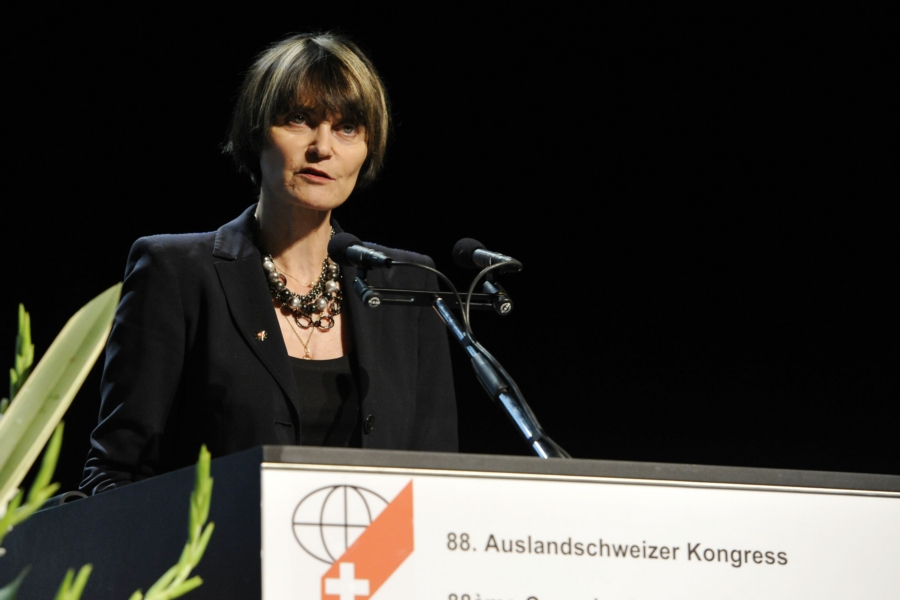
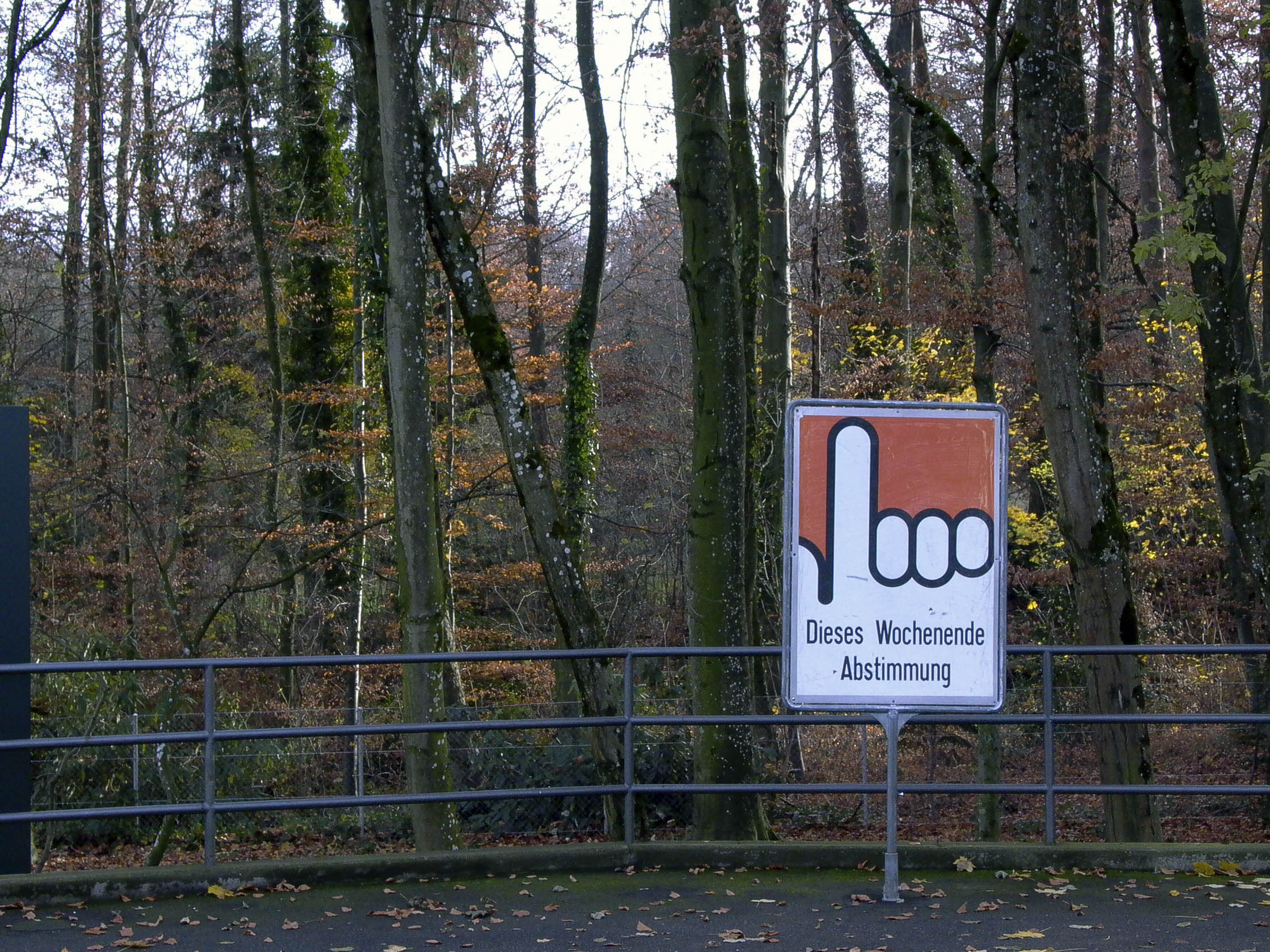
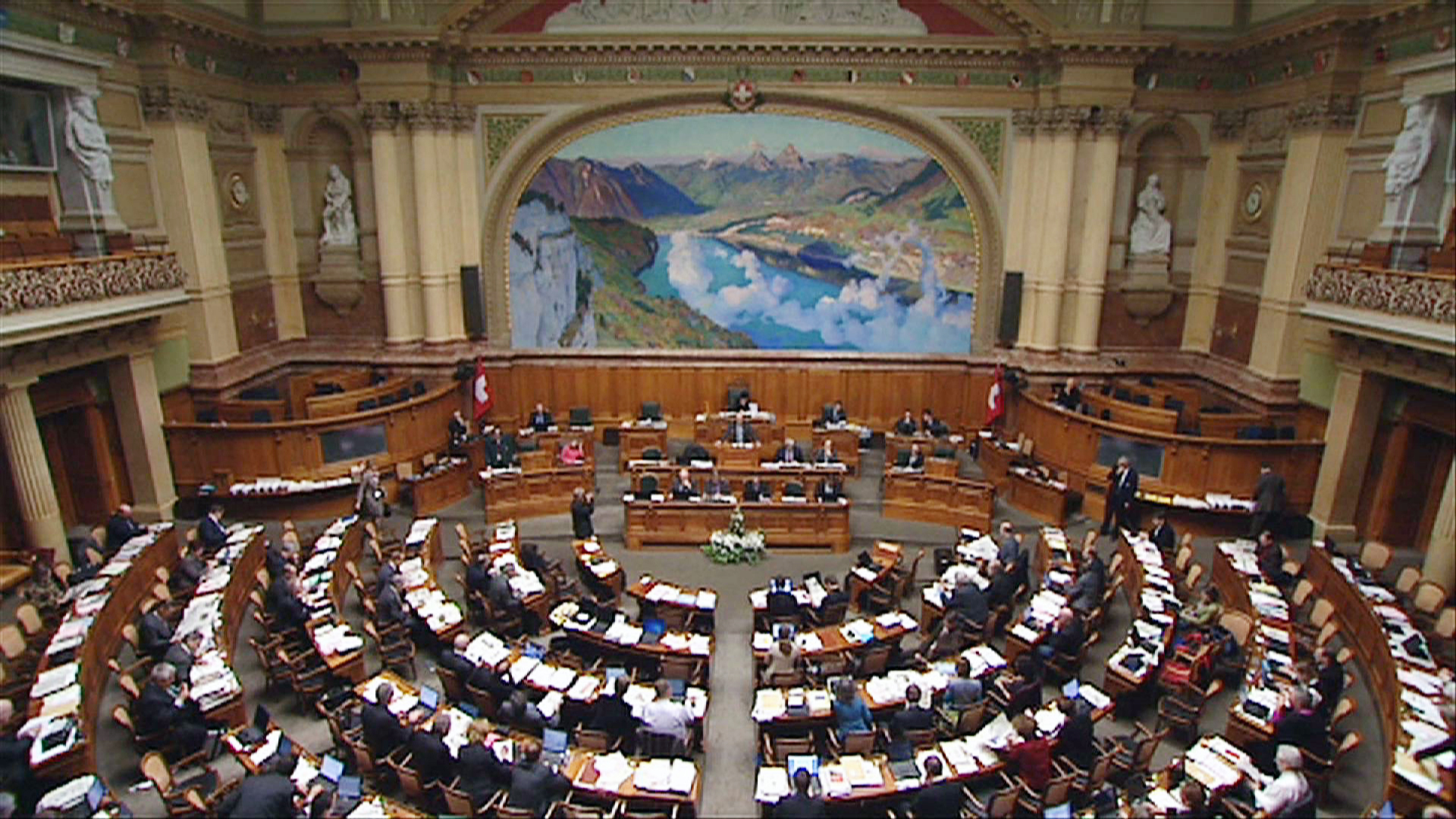
You can find an overview of ongoing debates with our journalists here. Please join us!
If you want to start a conversation about a topic raised in this article or want to report factual errors, email us at english@swissinfo.ch.